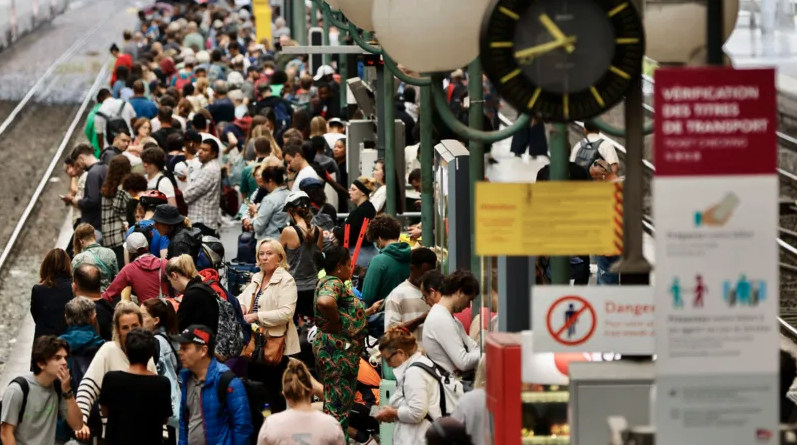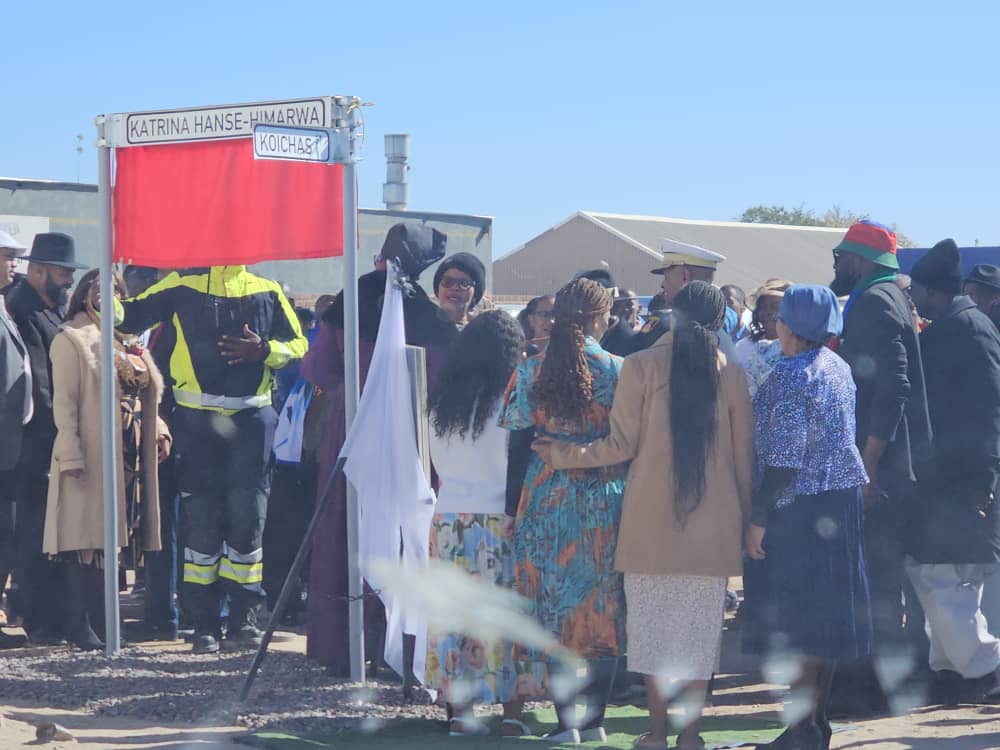A recent report that all state-run gender-based violence (GBV) shelters in Namibia are closed (The Namibian, October 2023) represents a significant public health crisis, particularly in the realm of reproductive health.
As a reproductive justice activist and a medical student with a background in clinical nursing and public health, I view this development through a lens that intertwines the medical implications of GBV with the activism necessary to address these issues.
GBV has profound and far-reaching effects on women’s reproductive health.
The physical consequences of such violence can range from immediate injuries to long-term reproductive issues, including increased risks of sexually transmitted infections, unintended pregnancies and complications during pregnancy and childbirth.
The lack of operational GBV shelters means many survivors are deprived of critical medical care and counselling services necessary for their physical and reproductive health recovery.
Furthermore, the psychological trauma inflicted by GBV often goes beyond the immediate emotional impact.
Survivors may experience ongoing mental health issues such as depression, anxiety and post-traumatic stress disorder.
EFFECTS
These mental health challenges can have direct and indirect effects on reproductive health, influencing everything from menstrual cycles to sexual health and fertility.
The absence of these shelters is more than just a failure in providing safe housing; it is a gap in offering integrated services vital for the holistic healing of GBV survivors.
This includes not only medical and psychological care but also support in navigating legal systems, obtaining protective orders and accessing social services.
Integrated care is crucial in helping survivors regain control over their reproductive health and lives.
As a medical student, I understand the importance of addressing the physical and psychological needs of GBV survivors to ensure their overall well-being.
As an activist, I recognise the urgent need for advocacy to reinstate these shelters.
Their closure sends a message of indifference about the plight of GBV survivors, undermining efforts to combat GBV and protect reproductive health.
HEALTHCARE WORKERS
In addressing GBV and its impact on reproductive health, the role of healthcare workers is paramount.
I am acutely aware of the critical function healthcare professionals play in both identifying and responding to GBV.
Healthcare workers are often the first point of contact for survivors, placing them in a unique position to offer immediate medical care, psychological support, and guidance on available resources.
They are trained to recognise signs of abuse that may not be immediately apparent, such as unexplained injuries, repeated casualty visits, or signs of psychological distress.
Furthermore, healthcare professionals can play a crucial role in educating patients about GBV, offering preventive advice, and advocating for their safety and well-being.
However, healthcare workers’ effectiveness in this domain depends heavily on their training and the resources available to them.
Comprehensive training in handling GBV cases is essential for medical professionals, enabling them to provide sensitive and appropriate care while respecting the confidentiality and autonomy of the survivor.
Healthcare workers also need to be supported by a system that allows them to connect survivors with legal, psychological and social services.
This integrated approach is vital, as the needs of GBV survivors often extend beyond the immediate medical intervention.
SAFE SPACES
The closure of GBV shelters significantly hampers the efforts of healthcare workers.
Without these safe spaces, healthcare professionals are limited in their ability to offer complete care and support.
Survivors may be less likely to seek medical help or disclose abuse if they believe there are no safe options for their next steps.
Therefore, it is imperative that the government not only reopens these shelters but also ensures that healthcare workers are equipped with the training and resources necessary to effectively support GBV survivors while being open to collaboration and stakeholder interventions by reducing the red tape required by CSOs trying to intervene.
An integrated approach is essential for addressing the complex interplay of GBV and reproductive health.
CRUCIAL STEPS
I urge the Namibian government to recognise the essential role of healthcare workers in this context and to provide them with the necessary support and resources.
The reopening and proper staffing of these shelters are crucial steps in ensuring the holistic care and protection of GBV survivors.
This commitment to addressing GBV and its impact on reproductive health is not only a matter of public health but a reflection of our societal values and dedication to the wellbeing of all citizens.
It is essential for the health and well-being of our nation and reflects our commitment to protecting and empowering all members of our society.
- Tuli Kamati, medical student, and director of Reproductive Justice Namibia; (X) Twitter: @2leelovespurple; IG: tuli_kamati
Stay informed with The Namibian – your source for credible journalism. Get in-depth reporting and opinions for
only N$85 a month. Invest in journalism, invest in democracy –
Subscribe Now!






